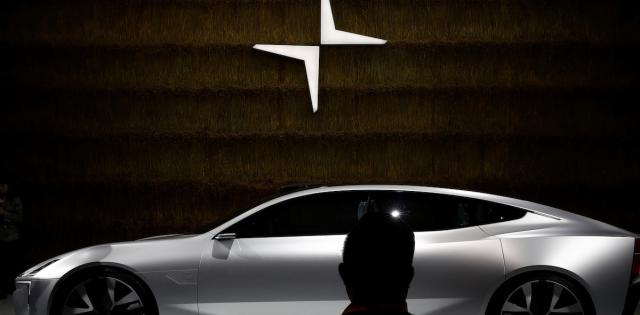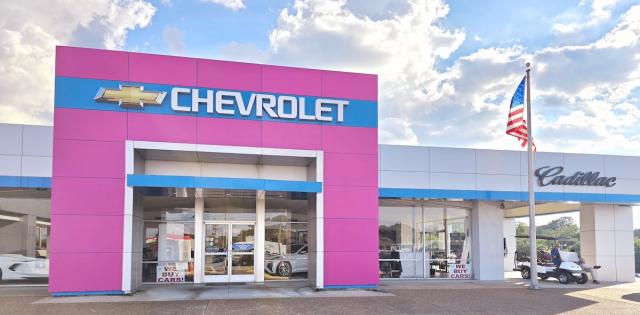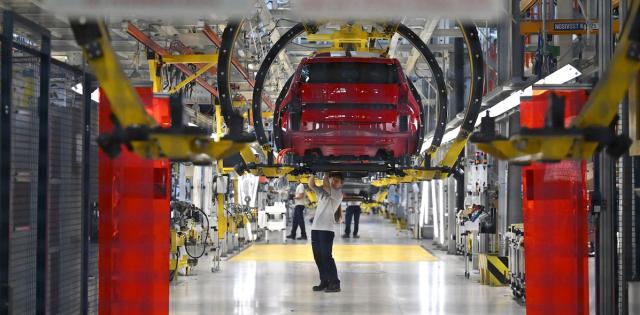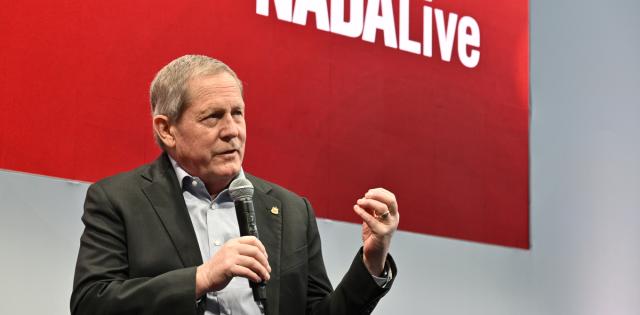The article below is sourced from Reuters Wire Service. The views and opinions expressed in this story are those of the Reuters Wire Service and do not necessarily reflect the official policy or position of NADA.
Volvo Cars is gearing up for an electric blitz to convert all its mainstay models - three SUVs and two sedans - into electric vehicles and to introduce a luxury electric van aimed at boosting sales in Asia, two people with knowledge of the plans said.
The Swedish carmaker, 82%-owned by China’s Zhejiang Geely Holding Group, is expected to launch at least six new battery electric vehicles through 2026, the two people told Reuters.
Volvo has announced an objective to make its entire lineup fully electric by 2030. The company’s Australia unit has said it plans to sell only EVs in that market by 2026.
The previously unreported product plans amount to the largest revamp of Volvo’s model line-up since Geely acquired the brand from Ford Motor Co in 2010.
Under Geely, Volvo initially started to share technologies such as car platforms with Geely.
The makeover for Volvo, a Swedish brand that built a reputation for safety and utilitarian design, follows from a greater focus on customer trends in Asia and a push to win sales there, the people said.
The two people with knowledge of Volvo’s planning asked not to be named because details have not been announced by the company. Geely declined to comment.
Among the new battery electric cars being planned for the next four years is a Volvo-branded MPV or van that would be based on a vehicle Geely’s Zeekr brand sells in China.
Called the Zeekr 009, the hulking, battery-electric van, which starts at about 500,000 yuan ($74,179), offers three rows of seating.
The vehicle competes against the likes of the Toyota Alphard, a business or family van, with airplane business class-like seats for passengers that has proven popular in Asian markets such as China and Japan as a limousine alternative.
Volvo has moved development work on sedans and the coming people-mover model to its Shanghai research and development hub, they said. That centre, which has tripled its design staff to about 60 people, has recently moved to a new and larger building in Shanghai, one of the sources said.
The first of Volvo’s new planned electric models, the EX90 sport-utility crossover, was unveiled late last year. It is expected to hit showrooms in early 2024.
Other battery electric cars in the pipeline include electric versions of Volvo’s mainline products – the XC90, XC60 and XC40 crossover vehicles and the S60 and S90 sedans, the sources said.
Those mainline cars will follow Volvo’s established, simple design cues, but the new MPV will target buyers in China and other markets with a more “emotional” design that builds from the Zeekr 009, which features a massive, LED-illuminated grille, one of the sources said.
Volvo has carved out and sold its gasoline engine and hybrid powertrain operations to Geely.
The Chinese automaker has moved to combine all of its gasoline powertrain assets, including those from Volvo, with factories being carved out of Renault to create a new company focused on hybrid and gasoline engines.
Renault and Geely are working to finalise a deal to bring Saudi Aramco in as an investor and partner in that venture, Reuters has reported.
(Reporting by Norihiko Shirouzu; Additional reporting by Kevin Krolicki; Editing by Stephen Coates)
For more stories like this, bookmark www.NADAheadlines.org as a favorite in the browser of your choice and subscribe to our newsletter here:













